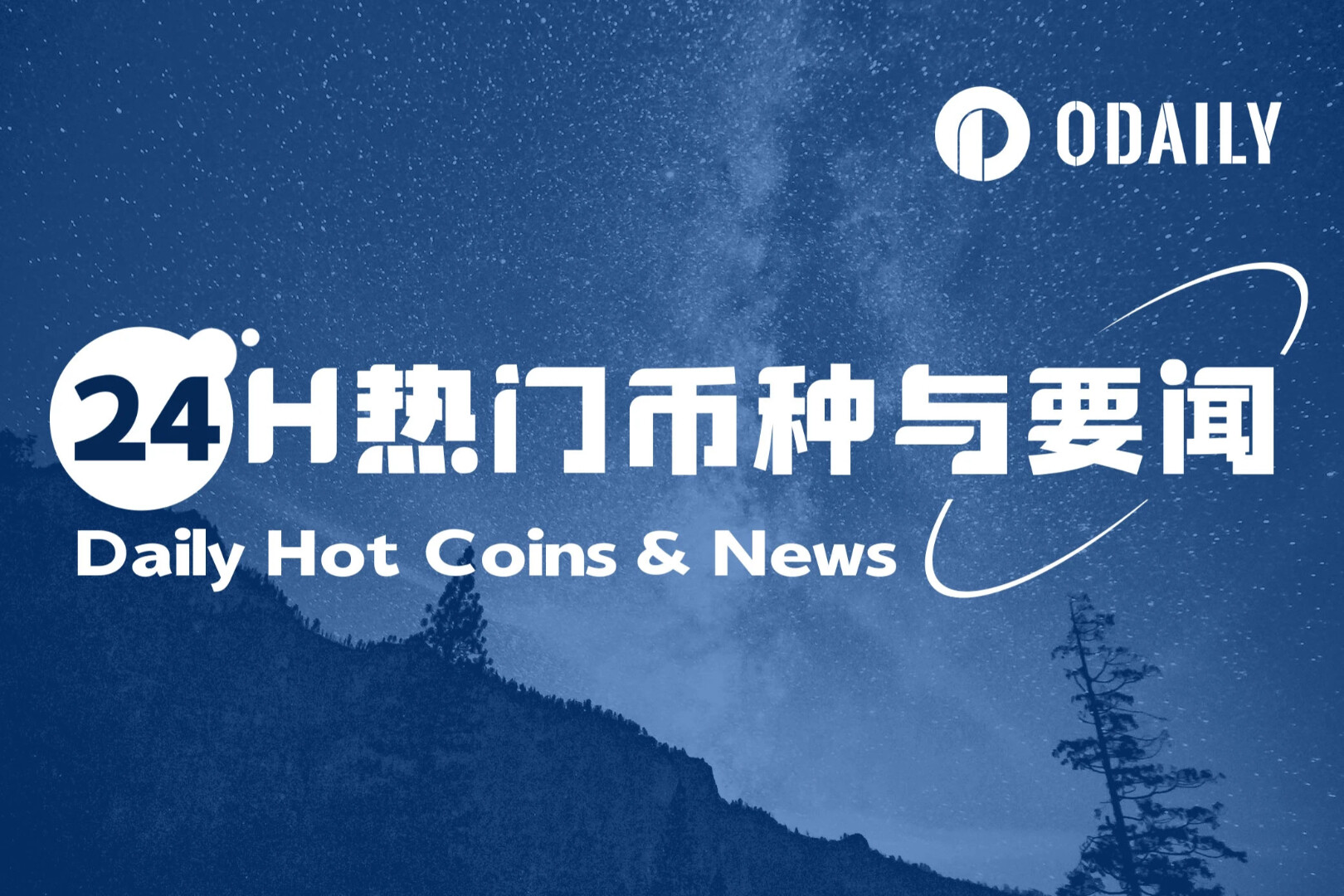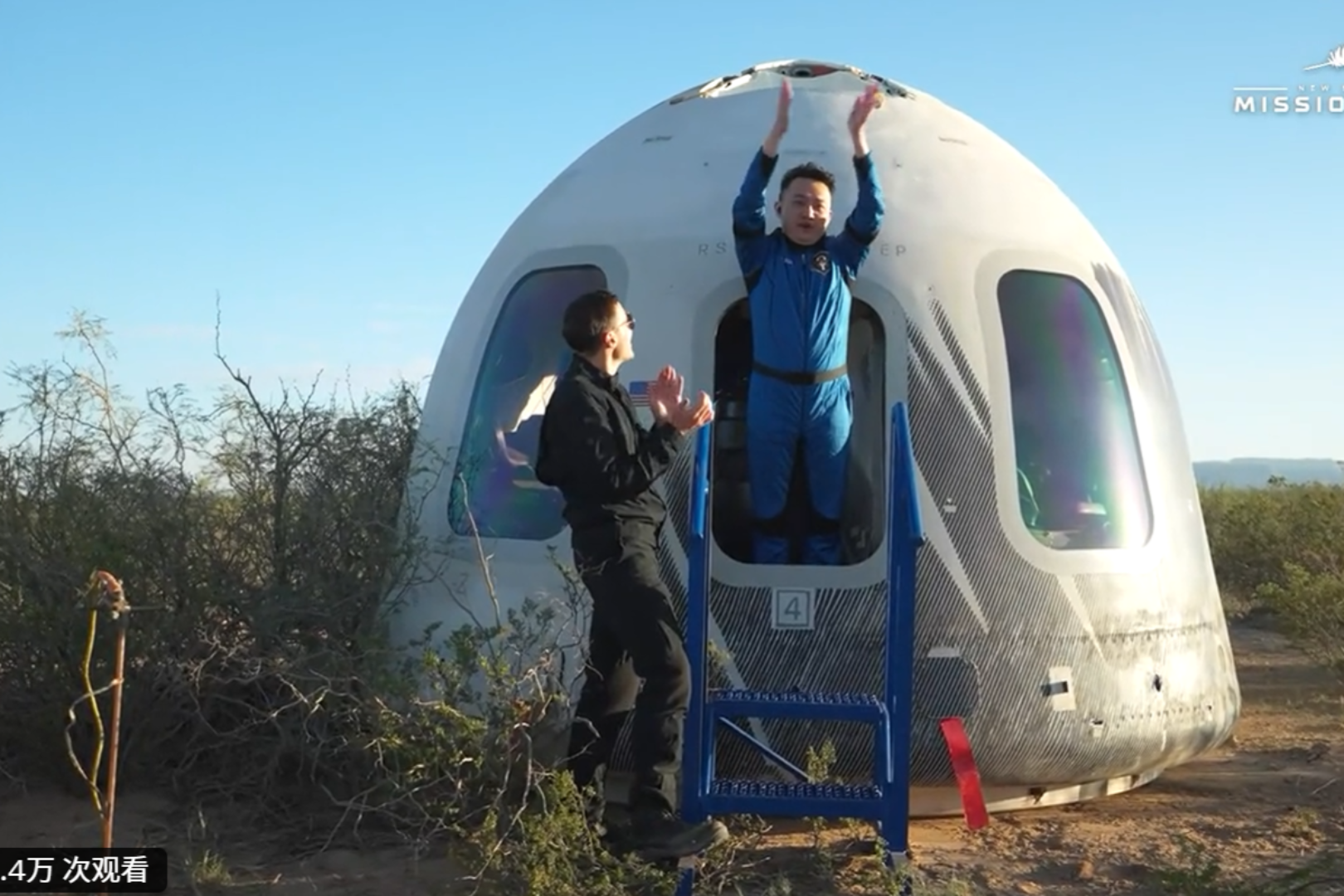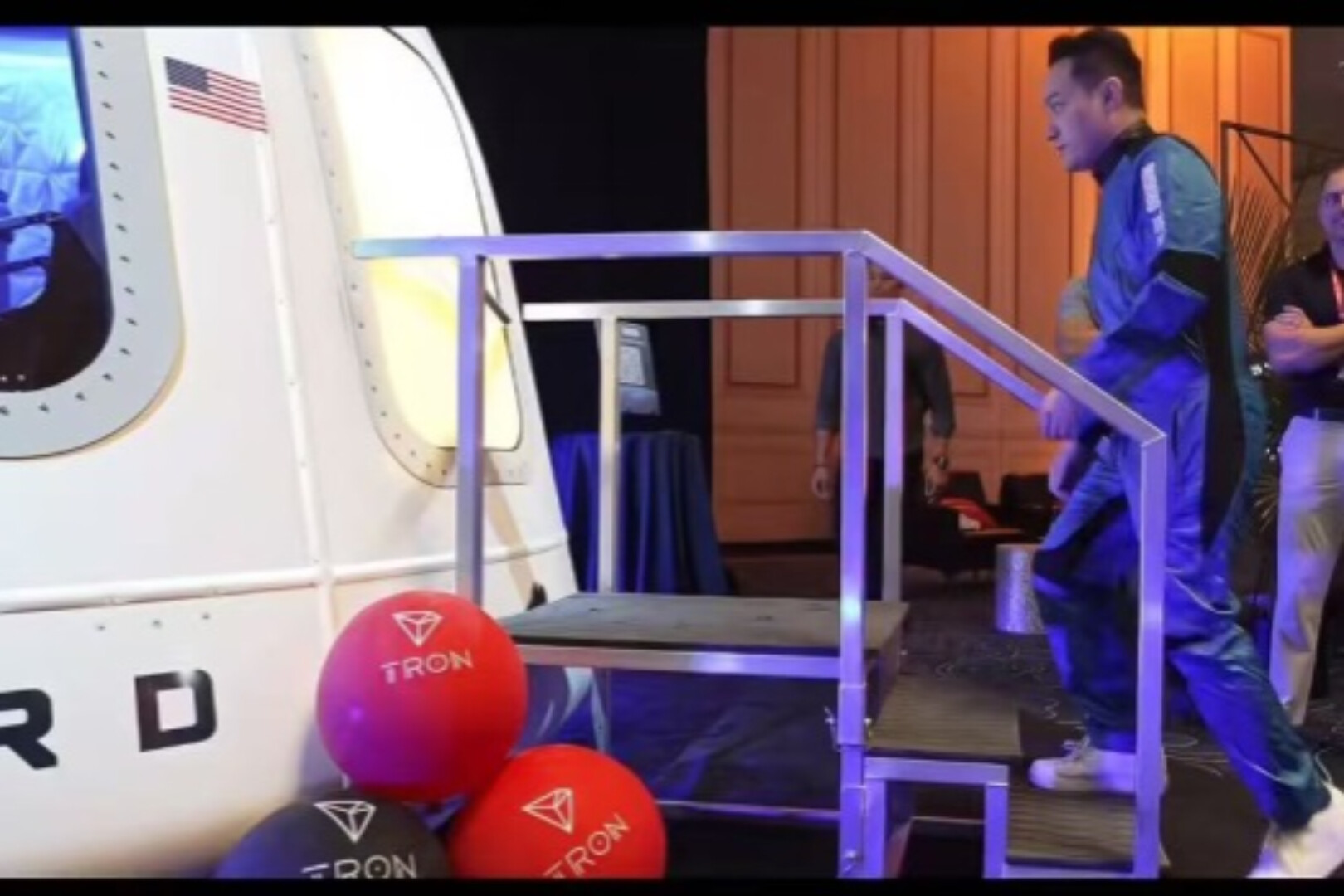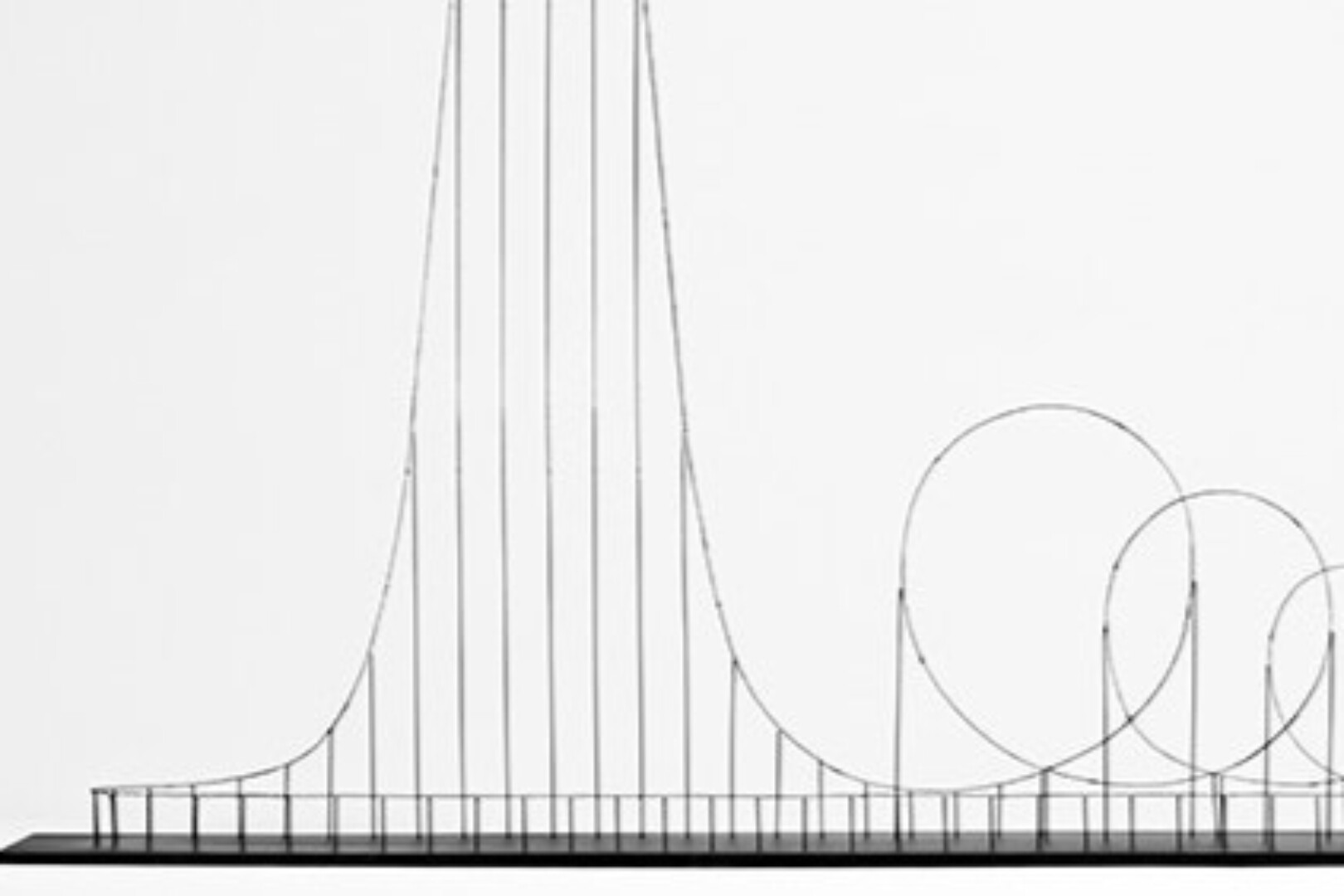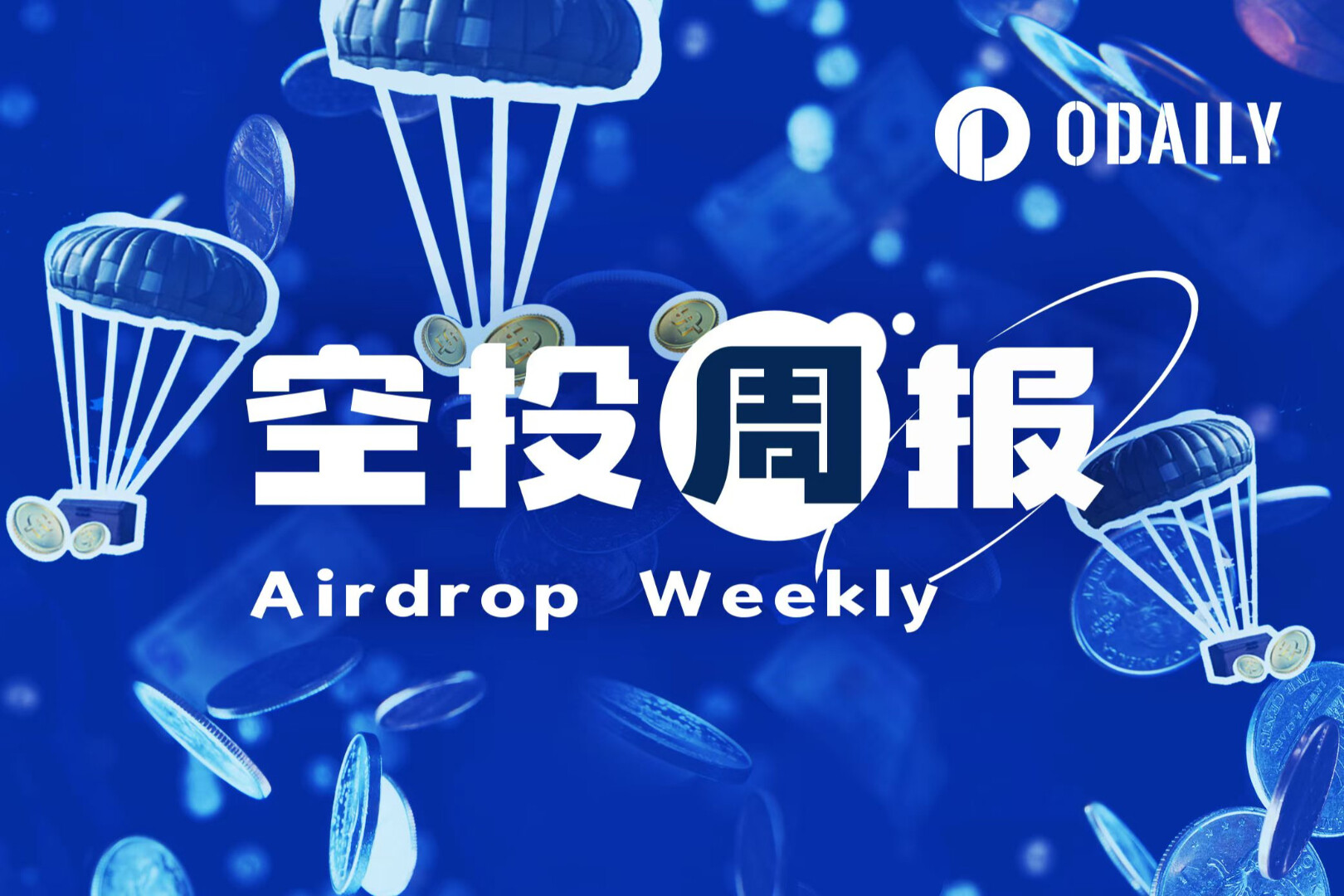Ori: It's a very exciting time right now, with so many announcements to come, everyone wants to know what's next for Orca, so we wanted to talk to you guys directly about what's coming next. I focus on all the non-technical aspects of Orca such as strategy and marketing. I'm from a technical background and I design UX for Orca, but today it's up to Yutaro to answer questions.
Yutaro:I'm the other Orca co-founder with Ori, and currently I'm basically leading the team of engineers, we have a team of 6 engineers, including myself. Together with Ori, I set the technology roadmap, including Whirlpools and the decentralized governance system. Before Orca, I was heavily involved in building Ethereum - several years of Layer-1 development experience.
Yutaro:In terms of price, what we want to say is that the price change is in a real sense out of our control. One of the reasons is that Orca itself has very low liquidity, and we ourselves are not Orca's market makers. Additionally, macro events tend to affect the price of illiquid tokens like Orca. Structurally, Orca is not a security in the sense that our focus is on developing a roadmap and building an Orca DEX, and more generally, cryptocurrencies are inherently volatile and when prices fall, it could put pressure on investors. However, I believe that in the cryptocurrency space, you can see irrational price fluctuations, and over the long term, say 2-4 years, prices tend to tend towards rationality - at this point, the fundamentals are what really matter . That's why it's important to focus on promoting and creating great products in Orca.
Ori : Yes, our focus here is to build you a go-to DEX that can make Orca your go-to place when you want to swap two tokens on Solana.
Yutaro:About the roadmap. The big project we've been talking about is Whirlpools, which is now only a few weeks away from launching. Whirlpools is an AMM for centralized liquidity, similar to UniSwap v3. Whirlpools will still be an AMM liquidity model, but instead of being capital-inefficient and forced to provide liquidity across the entire price range, liquidity providers can choose a specific price range to provide liquidity. When the price falls outside the specified range, users can withdraw or re-allocate liquidity. Centralized liquidity is the key to Orca's next step; centralized liquidity will become the norm for AMMs in the next 3-5 years, and Orca hopes to seize the market through early adoption.
Q1: If I am a trader on Orca, why should I care about centralized liquidity?
Yutaro:Traders who are interested in trading in the Solana ecosystem are ultimately most concerned about execution, that is, "can I buy or sell the token I want at the best possible price", and the centralized liquidity AMM will provide the widest range of tokens. Coins offer the best prices.
Q2: Do you have plans to involve the community more in your current or upcoming projects?
Yutaro:Of course, the next step is to let Whirlpools launch first, because the AMM with centralized liquidity is the future, and it is the key to grabbing the market. The next initiative after that will be to engage the community in decentralized governance.
Ori:This governance project is known internally as Atlantis - we want to make the community more heard and incentivized to optimize than it is today. We'll share more details once Whirlpools is complete. In the future we will also see the launch of community permissionless pools, allowing people to list any token they like on Orca. What’s exciting is that not only can people create standard pools for any token they want, but they can also create centralized liquidity pools.
Q3: First DeFi Summer, then Solana craze in August/September, but since many cryptocurrencies have capitulated. What do you think are the potential events driving the next wave of DeFi and/or Solana?
Yutaro:Great question, I'm excited for institutions to finally get involved in DeFi. Because, from the long-term perspective of cryptocurrency, institutional participation is a new phenomenon and drives the appreciation in 2020-21. So far, only BTC, Ethereum, and Solana have been involved, but we haven’t seen adoption of DeFi tokens yet. Regulatory uncertainty is one reason, so from an institutional point of view, there is currently regulation, and if we think that many institutions will conduct financial activities through DeFi, then institutions must follow suit in adopting DeFi tokens and protocols. I think that's a big inflection point going forward -- I'm not sure if it's going to happen this cycle or the next.
Q4: What are the further uses of NFT's Orcanauts program?
Yutaro:We have a few ideas. What we can share right now is early access to some features - we believe Orcanauts holders should have early access to new features, even if we're just beta testing them. Whirlpools is what we want Orcanauts holders to Features with early access rights.
Ori:I just wanted to add that we don't have any plans to make Orcanaut staking money. We do not give holders direct financial rewards. I consider this a "fan project". When you own an Orcanaut, you become part of the elite Orca crew and get early access to AMAs and new products. Obviously we leave options open for different things going forward; they're not something I'd buy hoping for an airdrop or a staking opportunity, that's not the spirit of Orcanauts.
Q5: As we all know, the Solana network has been attacked a lot. What can you do to protect assets?
Yutaro:Great question! One thing we keep in mind is that even if the Solana network slows down or stops, assets on Orca are still protected and will not be transferred without your permission. The biggest risk is if you have leverage, borrowing money through a lending agreement, but Orca has never been leveraged. All transactions on Orca are valid spot transactions, and while not being able to trade may be an inconvenience, your assets are still safe. In terms of Solana slowdowns, I hope you all know that the Solana team will always have some technical hurdles to overcome and it won't always be smooth sailing. This is true of all emerging blockchains. We built on Solana because we believe in the quality of the team and the engineers - they are a top-notch team in terms of technical experience and quality. As far as Solana's technical challenges are concerned, none is a fundamental flaw that cannot be solved. The biggest challenge is probably dealing with the massive inflation of accounts, and the risk of them exceeding a few hundred gigabytes in size, but this is a risk that all blockchains deal with.
Q6: Does Orca hire interns? I want to be a part of Orca.
Yutaro:We do not actively recruit interns. Now we have an engineering team of six. This is currently the most ideal, slightly larger will be divided into multiple teams. However, the door is never completely closed, we always leave the door open for applications.
Ori:I really like our team, our way of working is a fully distributed, we are scattered in different time zones, seeing growth is the biggest reward for us.
Q7: As a community, how can we help you make this project better?
Yutaro:Community engagement, chatting with people on our Telegram and Discord channels. Discord is easier to use and track, and easier to hear advice. Suggestions for improvements are very helpful, as are thoughtful comments on token economics. Helpful comments on tokenomics are very welcome, there is a lot of iteration in broader crypto so there is room for tokenomics: xSushi and all Curve-launched tokens; discussed in a thoughtful way These models, and some advice on whether these things are suitable for Orca are useful.
Q8: Does Whrilpools have new features beyond Uniswap V3?
Yutaro:Yes, but I want to save some until the official launch. In terms of what we can talk about now, we have more data on how people are going to use centralized liquidity pools, which allows us to optimize. I remember when UniSwap v3 was first announced it was very aggressive and it was hard to predict how it would actually be used or become a framework for profitable use. The data we have now will allow us to limit the design space and optimize something. I just want to say that I am very excited about this news. The other thing I would say is that if you have ever provided centralized liquidity for UniSwap v3, you know that rebasing is very expensive, which limits the amount of things you can do as a provider. With Solana, that's less of an issue, and repositioning is easier and cheaper, which opens up the design space we can do.
Ori:Yes, this also presents a great opportunity for liquidity providers to learn the necessary skills to profit from pooled liquidity, and one can even try spending a few dollars at a time, which is a huge change.
Q9: What are the main technical challenges that have prevented other Solana AMMs from achieving a wide range of liquidity for liquidity providers so far, and do you think they will follow?
Yutaro:As far as smart contracts are concerned, AMMs with concentrated liquidity are relatively complex, and it will break through the limits of Solana VM. The main limitation of Solana VM is the 200k compute budget limit, and we found that with transactions, it can reach the 200k compute budget fairly quickly. I tried another beta centralized liquidity AMM a month ago and it hit the limit of its compute budget on Devnet, so they obviously had this problem. The solution was to optimize the code, which showed success. Other projects are working on this challenge, and looking back at their work, they seem to be close.
Ori:Just to add, if you spend time on the Solana Dev Space, you'll hear a lot about computing budget challenges. Yutraro has experience building on Ethereum, which gives him a balanced approach to building efficiently. Even if other companies adopt centralized liquidity, many nuances mean that another project launching centralized liquidity will not necessarily be as robust as Orca.
Q10: What are your thoughts on L1 competition? Do you think funding from competitors such as NEAR will draw construction talent away from the Solana ecosystem?
Yutaro:We bet on Solana early on because we saw a fundamental difference between them that allowed Solana to build a moat not just in technology but in developer and user adoption moat. Solana does not use the EVM, allowing developers to build things that would be impossible on other chains. It is difficult for other chains to replicate because everything on Solana is thoughtfully built from the ground up. In the short term, there will be a lot of competition from other L1s in two years. One of the reasons for this is that many L1s have a large treasury - it is easy to spend money to get developers to adopt, this is similar to the liquidity mining boom, during the DeFi summer - DeFi itself is booming in the whole field, and then the protocol finds itself Having huge wealth to incentivize your own protocols is why we see so many altcoins that are knockoff AMMs and DeFi protocols. When the dust settles, a winner emerges. The same will happen with L1 - 6-18 months of intense competition, and once the dust settles, I expect Ethereum and Solana to be the top two competitors. It is hard to say who will surpass these two public chains. I fully expect Ethereum to survive, but I also expect Solana to be in a very strong position for the next two years.
Q11: What is your favorite Japanese whiskey?
Yutaro:I don't drink Japanese whiskey, and I hardly ever do now. When I was younger, I drank more Irish whiskey, like Bushmills, but I would definitely drink Japanese whiskey if asked.
Ori:According to my personal observation, Yutaro likes wild bisu beer very much.
Q12: Generally speaking, how important are community activities to you?
Yutaro:Very importantly, the community shapes Orca: our brand and image are actually shaped by the community through feedback. I really felt this when I met some people at the Solana conference in Lisbon. Ultimately, this is a community-governed project and will continue to become more community-governed, which is our priority in 2022.
Q13: Have you raised funds?
Yutaro:Yes, we raised funds, closing in September 2021 with over $19 million raised and a little less than 10% of the total supply sold. There was no token sale before and after.
Ori:To keep the community standing, we are happy to secure investors like Polychain, Placeholder, Three Arrows, and community investors.
Q14: As a developer and NFT "creator" like GenesysGo, what do you think of their SCC model? When would you like to go surfing in Newport?
Yutaro:First thought this is pretty interesting and honestly seems like a potentially clever/dangerous way to circumvent regulation by operating in a security-like manner using NFTs that are almost like fungible tokens. It's attracting a lot of attention - it's clearly doing a good job of marketing GenesysGo and building a community around the project. This is a good product, good service. Using nfts to bootstrap the community is a great idea, similar to an ICO model or something like a security. We often see the distinction between NFTs and fungible tokens start to blur and it can be hard to tell them apart.
Want to go surfing in Newport. I'm not a good surfer; I just surfed for the first time last year, so not a great surfer, but will keep surfing.
Q15: Great AMA, thank you. What can we do as developers?
Yutaro:I encourage you to take a look at the typescript SDK, to do this. We've tried to write it in an easy-to-use way, and we're always happy to have some ideas on what could be built. Honestly, if a developer wants to contribute, you might have to wait 3-4 weeks. There may be a new SDK-like thing that is innovative and new that will allow developers to build the first SDK-like product on a new foundation. So keep an eye out for new SDK releases from Orca in the coming weeks.
Ori:Solana may be about to usher in a new hackathon. Orca will definitely be involved and will be happy to offer bounties for products built on top of the new SDK we've worked so hard on, you can call Scuba and Atamari in the integrations channel, they're very responsive, so be sure to ask them if you have any questions.
Q16: Is it integrated with the Serum order book to take advantage of the liquidity of the system?
Yutaro:Now aggregators on Orca will aggregate orders between Solana's DEXs, this will continue in terms of direct partnerships or direct Serum trade routes, which I don't think will happen - other aggregators will do the best good. We will strive to build the best AMM in the Solana ecosystem.
Q17: Do you plan to cooperate with other teams or NFT projects?
Yutaro:Cross-promotion is a great way to promote across communities. Regarding NFTs, I would like to see more NFT partnerships and be willing to work with more philosophically aligned projects. We launched Orcanauts with a specific mission, how do we get more people aware of DeFi education, so we would love to work in the same way with other projects.
Q18: I know Orca is a philanthropic ecosystem, but don't bigger and better partnerships lead to bigger philanthropic work?
Ori:We're not really a philanthropic ecosystem, even though we do donate. We are ultimately an AMM, but we are proud of our giving and code of conduct, especially with Aflatoun through Orcanaut NFTs, and the impact it will have on parts of the world where information is difficult to access. We also have the Orca Impact Fund, which has collected fees since inception, cumulatively over $1 million, and is focused on climate change and sustainable development.
Last fall, our community voted to make the first round of donations through this fund to a nonprofit called the Ocean Conservancy. We will share more details of the impact fund constitution, how these funds will be spent, and how we see effective altruism for the Orca team in the near future.
